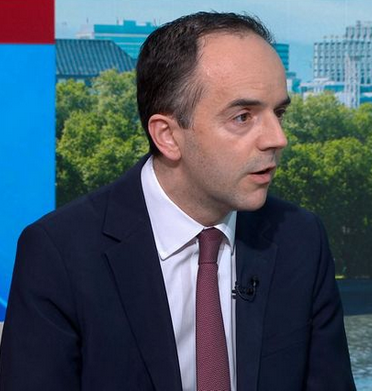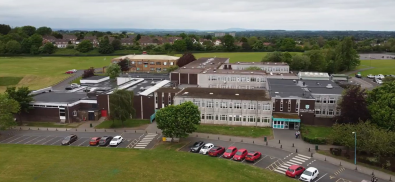A leading Birmingham scientist has been awarded a grant worth almost £240,000 by research charity Breast Cancer Now to conduct pioneering research into a potential new role of BRCA1 mutations in the development of breast cancer. Faults in the ‘breast cancer gene’ BRCA1 – which provides instructions for cells to make the BRCA1 protein – can dramatically increase a person’s risk of developing breast cancer. Around 1 in 20 breast cancers develop as a result of a mutation in BRCA1 or its sister gene BRCA2, accounting for around 2,500 new cases of breast cancer each year in the UK.
Genetic testing can be used to identify women carrying a BRCA1 mutation, and can provide information on an individual’s risk of developing cancer in the future. This can give women time to consider any suitable risk-reducing options, such as in the case of Angelina Jolie, who chose to have a double mastectomy following the discovery that she had inherited a faulty BRCA1 gene.
When the BRCA1 protein is working normally, its main role is to help repair damaged DNA in the cell. However, mutations in the BRCA1 gene can mean other damage to the DNA cannot be repaired effectively, which can result in cells becoming cancerous.
As such, it is vital to gain a thorough understanding of the ways in which the BRCA1 protein functions, and ultimately, how mutations in the BRCA1 gene cause the resulting protein to malfunction.
Professor Jo Morris, based at the University of Birmingham, is undertaking a three year project to explore a new way in which BRCA1 gene faults could cause breast cancer. She hopes that uncovering more about how the BRCA1 protein works will lead to new ways to help predict, prevent and treat BRCA1-related breast cancers.
Professor Morris will study breast tumours that develop in special breeds of mice, some of which carry mutations in their BRCA1 and other genes. In addition to looking at tumour growth, she will also extract cells from these mouse tumours and grow them in the lab. This will enable Professor Morris to study more closely the specific molecules that normally work alongside the BRCA1 protein to help prevent the development of breast cancer.
Dr Richard Berks, Senior Research Communications Officer at Breast Cancer Now, said:
“Professor Morris’ research into BRCA1 could reveal new ways in which a mutation of this gene can cause breast cancer.
“It is so important that we fully understand the role of BRCA1 in breast cancer. Ultimately this research could help provide women with a more accurate picture of their risk, and could even help find new ways to prevent and treat the disease.”
Over 4,500 women in the West Midlands are diagnosed with breast cancer every year, and 1,000 women die from the disease each year.
















